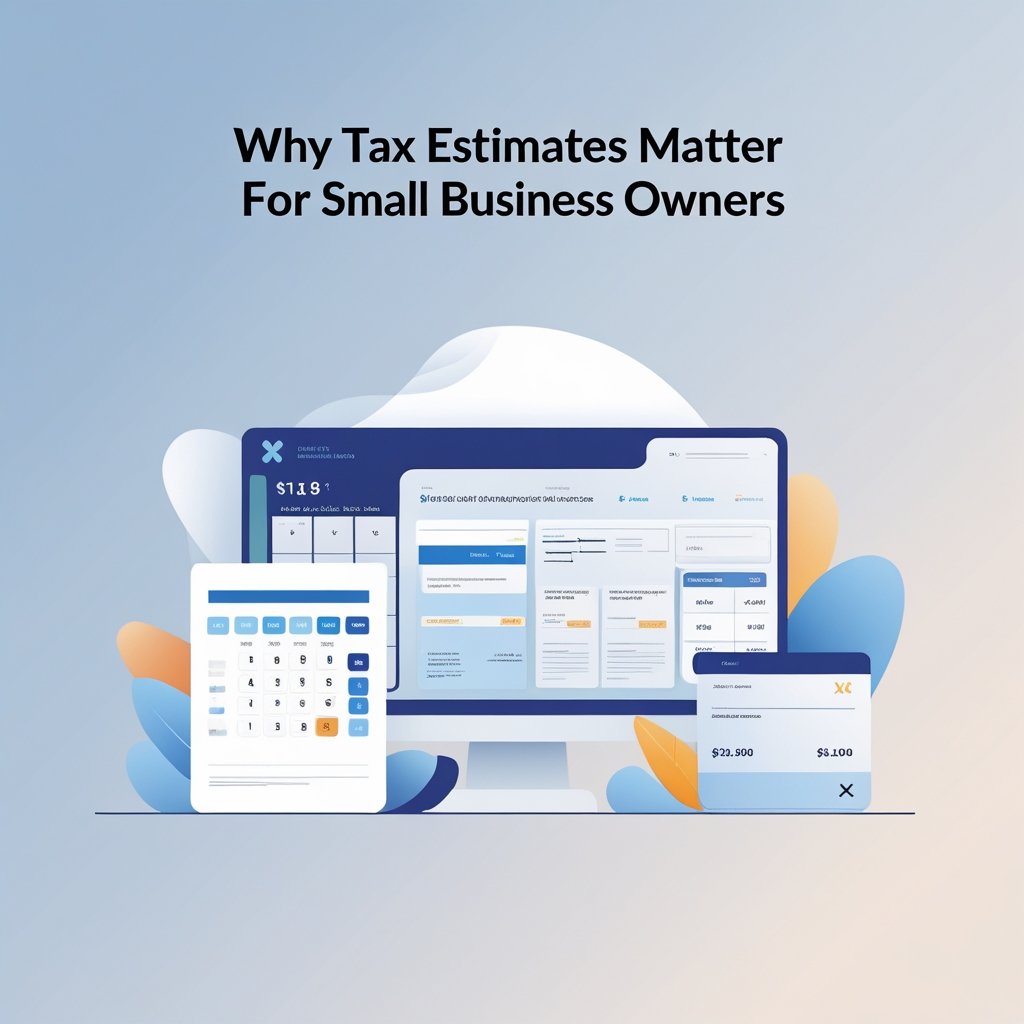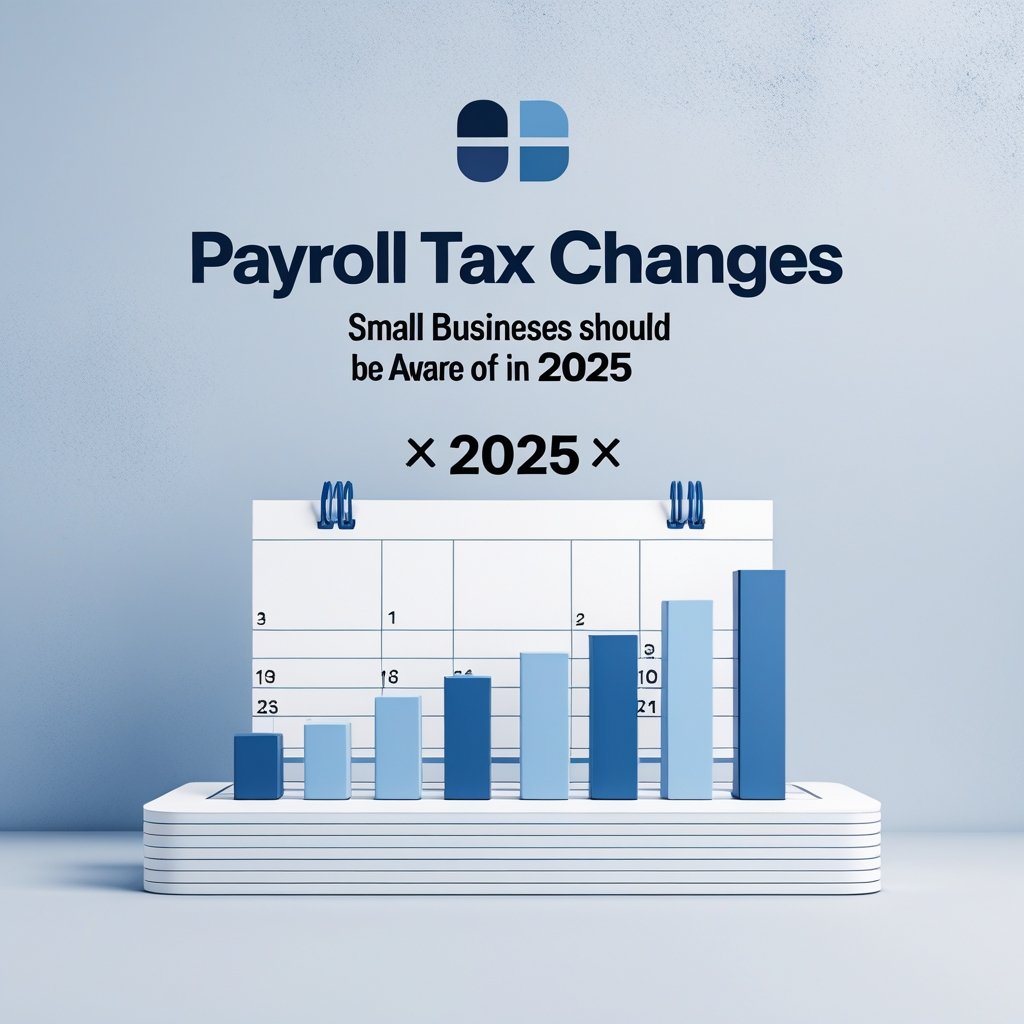Dealing with payroll tax disputes can be a challenging experience for any business. The IRS takes payroll tax compliance seriously, and failing to resolve disputes promptly can lead to significant penalties, liens, or even legal action. However, with the right approach and resources, you can effectively manage and resolve payroll tax disputes while protecting your business. Here’s a comprehensive guide to navigating these situations.
- Understand the Nature of the Dispute
Before addressing a payroll tax dispute, it’s crucial to understand the cause. Common reasons for disputes include:
- Misclassification of employees as independent contractors.
- Late or incorrect payroll tax deposits.
- Discrepancies in filed tax forms (e.g., Form 941).
- Failure to file required payroll tax returns.
Carefully review IRS notices or correspondence to determine the issue. The notice typically includes a code (e.g., CP2100) that provides insights into the problem.
- Gather Supporting Documentation
To resolve a dispute, you’ll need accurate records. Collect:
- Payroll records, including pay stubs and tax withholding details.
- Copies of filed tax forms and confirmation of tax deposits (EFTPS receipts).
- Employee classification documentation, such as contracts or Form W-9.
- Communication records with the IRS or tax professionals.
Having organized and thorough documentation will strengthen your case and streamline communication with the IRS.
- Respond Promptly to IRS Notices
Ignoring IRS notices can escalate the dispute and lead to more severe consequences. Follow these steps:
- Verify Deadlines: IRS notices include deadlines for response or payment.
- Acknowledge the Notice: Contact the IRS to confirm receipt and seek clarification if needed.
- Draft a Response: Include a detailed explanation of the issue, relevant documentation, and a proposed resolution.
If the dispute involves a significant amount, consider hiring a tax professional to handle communication on your behalf.
- Seek Resolution Options
The IRS offers several channels for resolving payroll tax disputes:
- Request a Penalty Abatement: If the dispute involves penalties, you can request a waiver due to reasonable cause, such as clerical errors or unforeseen financial hardship.
- File an Appeal: If you disagree with the IRS’s findings, you can file an appeal with the IRS Office of Appeals. This is often done using Form 12203 or Form 9423.
- Set Up a Payment Plan: For disputes involving unpaid payroll taxes, you can request an installment agreement to pay the balance over time.
- Offer in Compromise (OIC): In extreme cases where full payment is not feasible, you may negotiate a settlement through the OIC program.
- Prevent Future Payroll Tax Disputes
To avoid future issues with payroll taxes:
- Invest in Payroll Software: Use reliable software that automates tax calculations, deposits, and filings.
- Stay Informed About Tax Laws: Regularly review changes in federal and state payroll tax regulations.
- Conduct Regular Audits: Periodically review payroll records to ensure accuracy and compliance.
- Work with a Professional: A payroll service provider or tax professional can manage payroll tax obligations and reduce the risk of errors.
- Know When to Seek Professional Help
If the dispute becomes complex or the IRS initiates collection actions, such as liens or levies, seek assistance from:
- Certified Public Accountants (CPAs): They can provide detailed financial analysis and guidance.
- Enrolled Agents (EAs): Tax professionals authorized to represent taxpayers before the IRS.
- Tax Attorneys: For disputes involving legal implications, a tax attorney can provide expert representation.
The Riwa is your one-stop financial partner, providing reliable tax, payroll service. We help businesses and individuals across the USA.
Contact us: info@theriwa.com & Visit our website : theriwa.com






